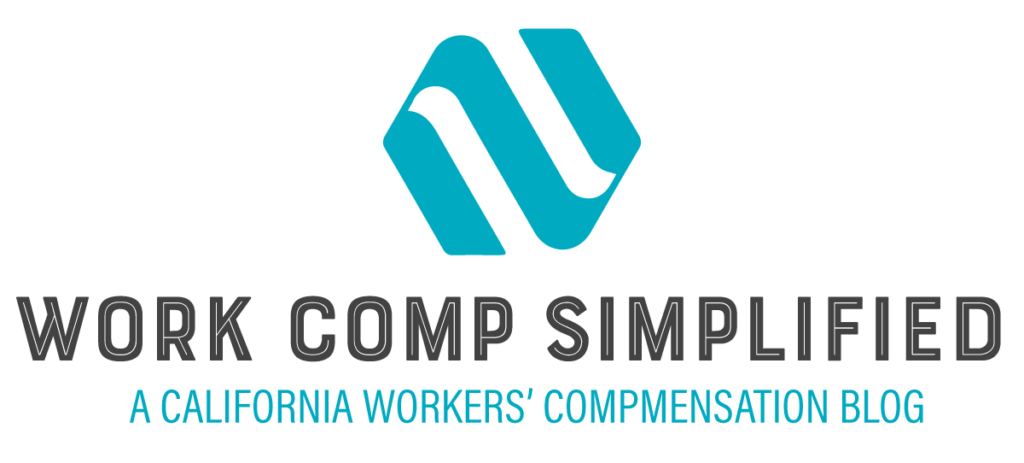Disclaimer: The information in this blog post is provided for general informational purposes only and does not constitute legal advice. Every situation is unique, and the laws and regulations governing workers’ compensation can be complex. You should consult with a qualified attorney for advice regarding your individual circumstances.
Introduction
If you’ve been injured on the job in California, you have certain rights and benefits designed to help you recover and return to work. However, navigating the workers’ compensation system can be challenging, especially when it comes to understanding the Utilization Review (UR) process. This blog post aims to give an overview of UR, explain how it affects your medical treatment, and highlight your rights as an injured worker.
What Is Utilization Review?
In California’s workers’ compensation system, Utilization Review (UR) is the process by which insurance companies (or claims administrators) evaluate the medical necessity of the treatments recommended by your treating physician. UR ensures that all medical care provided to injured workers is in line with evidence-based guidelines (often the Medical Treatment Utilization Schedule, or MTUS).
While UR is intended to confirm that injured workers receive appropriate and necessary medical care, it can sometimes lead to delays or denials of treatment that your doctor believes you need.
Key Steps in the UR Process
- Treatment Request (RFA)
- Your treating physician must submit a Request for Authorization (RFA) for any treatment or diagnostic test that requires approval (e.g., physical therapy, surgery, specialized diagnostic studies).
- This RFA includes detailed information about your injury, diagnosis, and proposed treatment plan.
- Review by the Claims Administrator
- Once your physician submits an RFA, the claims administrator (or insurance company) either approves the treatment directly or refers it to Utilization Review.
- The UR process must be conducted by a medical professional with the relevant expertise to evaluate the specific treatment requested.
- Decision and Timeframes
- In general, the UR decision to approve, modify, or deny the requested treatment must be made within five business days (or, for urgent cases, within 72 hours).
- If more information is needed, they may extend this period, but there are strict legal deadlines they must follow.
- Notification of Decision
- The claims administrator or UR provider will notify you, your treating physician, and your attorney (if you have one) of the decision in writing.
- If the request is denied or modified (meaning approved in part but not in full), the notification must include the clinical reasons for that decision.
- Independent Medical Review (IMR)
- If your treatment request is denied or modified, you have the right to challenge the UR decision through Independent Medical Review (IMR). This is a process where a state-contracted independent physician reviews the disputed treatment request.
- IMR must be requested within 30 days of receiving the UR denial or modification notice. If IMR upholds the denial, there are limited circumstances in which you can further challenge the decision, often requiring an appeal to the Workers’ Compensation Appeals Board (WCAB).
Your Rights and Responsibilities
- Right to Know: You have the right to be informed about the UR decision, including the reasoning behind any denial or modification.
- Right to Dispute: If UR denies or modifies your treatment, you have the right to request an IMR. This process is free to you as an injured worker.
- Right to Representation: You can consult or retain an attorney at any point in the workers’ compensation process. Your attorney can help ensure your rights are protected and guide you through UR and IMR procedures.
- Timely Submission of Information: Work closely with your treating physician to promptly submit any additional information the UR reviewer requests. Delays in providing medical records or clarifications can postpone a final decision on your treatment.
Common Challenges for Injured Workers
- Delays: UR can add time to the process of getting necessary medical care, which can be frustrating and hinder your recovery.
- Communication Gaps: Occasionally, the UR reviewer may not have the full picture of your medical condition. Make sure your treating physician has all the relevant medical records available when submitting the RFA.
- Multiple Denials: Sometimes multiple requests or appeals are needed to obtain authorization for specific treatments. Persistence is key, and professional guidance from an attorney can be invaluable if you are facing repeated denials.
Tips for Navigating the UR Process
- Stay Organized: Keep copies of all correspondence, including RFAs, UR decisions, and IMR notices. This documentation may be crucial if you need to appeal a decision.
- Keep Communication Open: Talk to your doctor about the UR requirements and ask them to include all relevant clinical findings, lab results, and imaging studies in the RFA.
- Act Quickly: If you receive a denial or modification, pay close attention to the timeline to file an IMR. Missing this deadline could mean losing the opportunity to dispute the UR decision.
- Seek Legal Advice: If you feel overwhelmed or believe your rights are not being respected, consult with an experienced workers’ compensation attorney. An attorney can help navigate the UR and IMR process, gather the necessary medical evidence, and represent you if an appeal to the WCAB becomes necessary.
Conclusion
Utilization Review is a critical component of the California workers’ compensation system, designed to ensure that medical treatment is both necessary and appropriate. However, for injured workers, this process can be confusing and lead to delays or denials of essential care. Understanding your rights—and the steps you can take if a treatment request is denied—is an important part of protecting your health and future.
If you have questions about UR or need assistance with a denial, consider reaching out to a qualified workers’ compensation attorney who can guide you through the process and advocate on your behalf.
Legal Disclaimer: This blog post is not intended to provide legal advice, nor does it create an attorney-client relationship. Every case is unique and subject to specific timelines and documentation requirements. If you have questions about your individual situation, you should consult a licensed attorney experienced in California workers’ compensation law.

